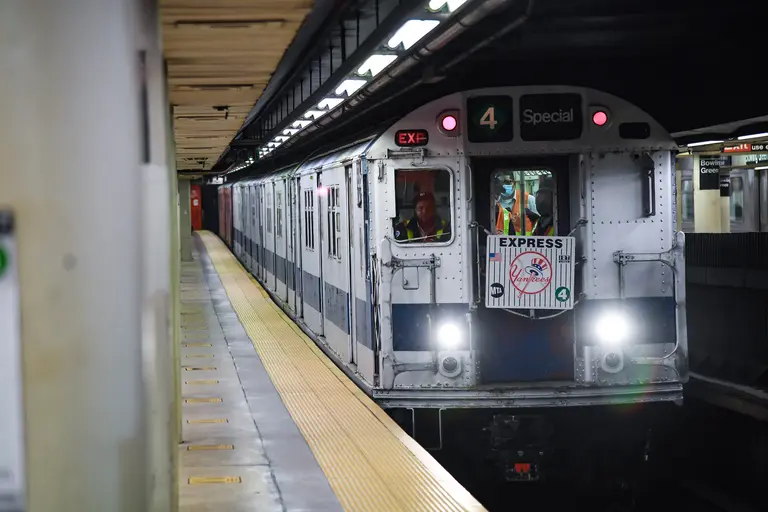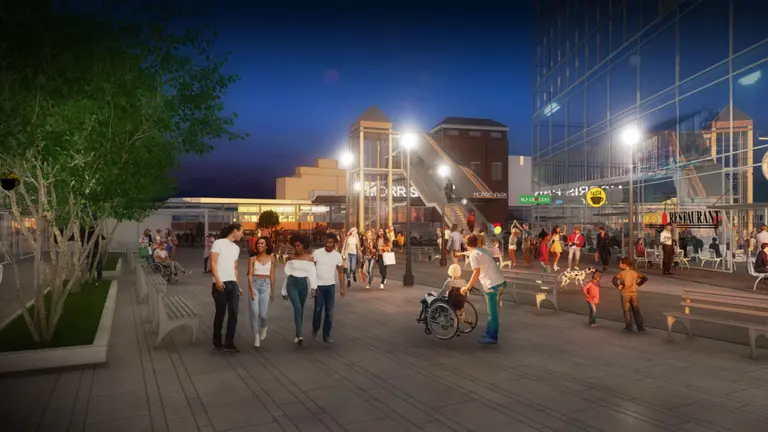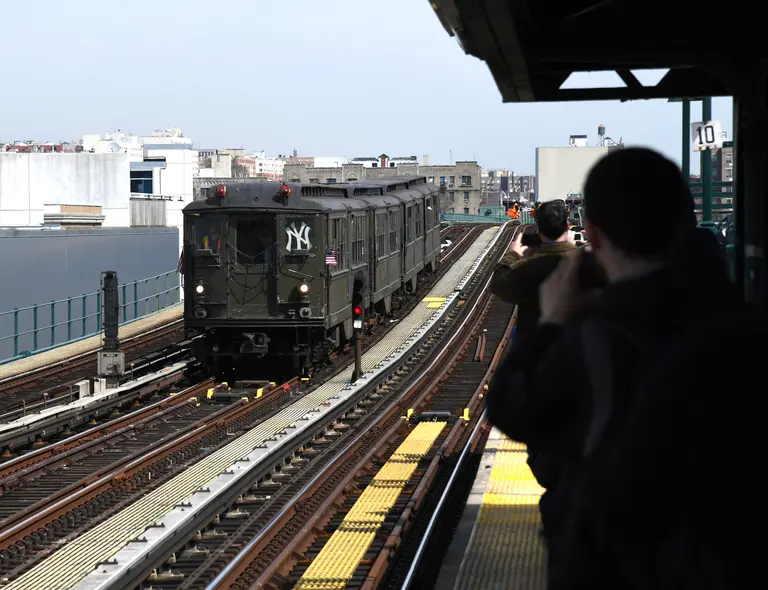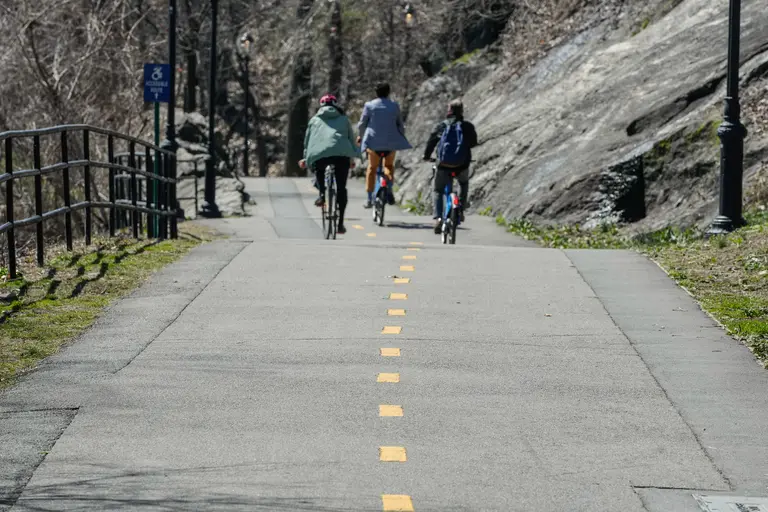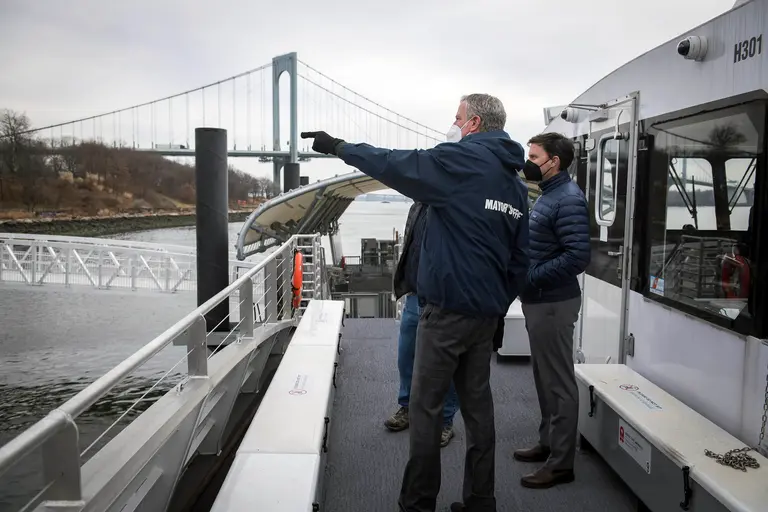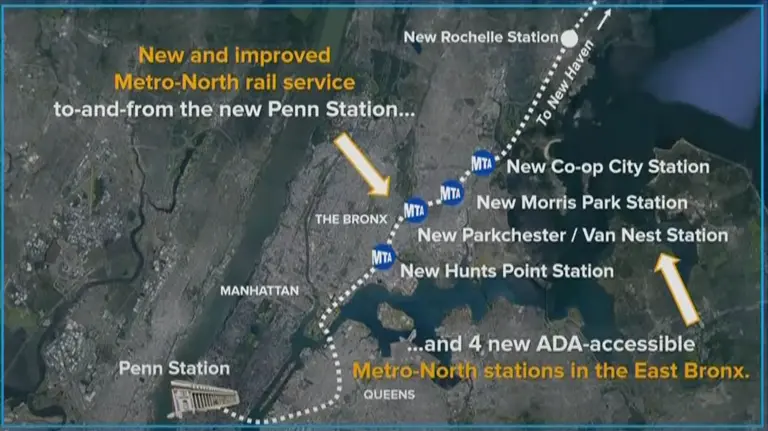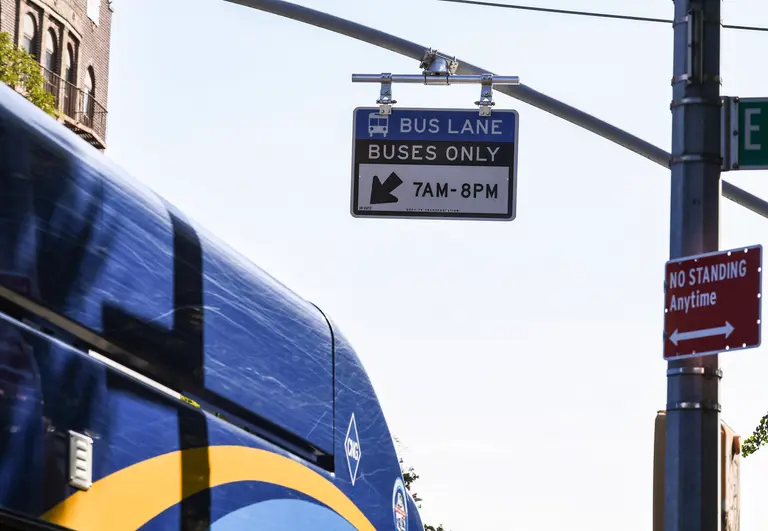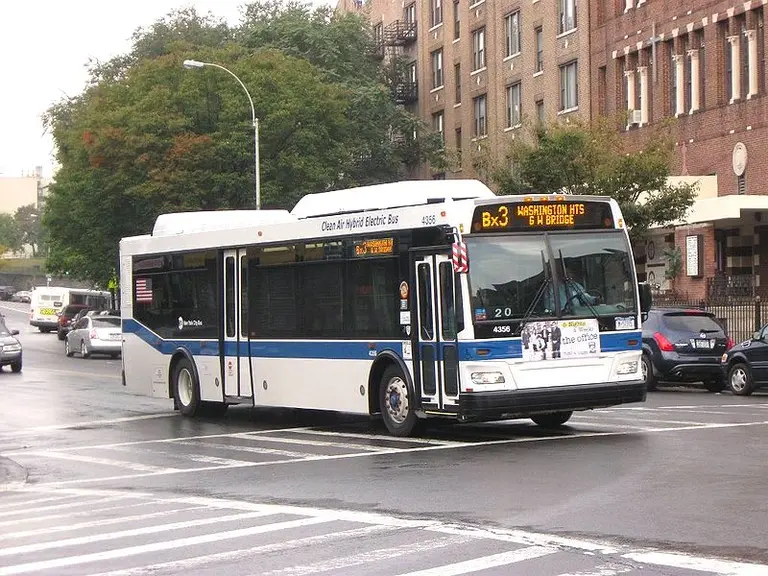Judge rules MTA must provide elevators in all stations it renovates
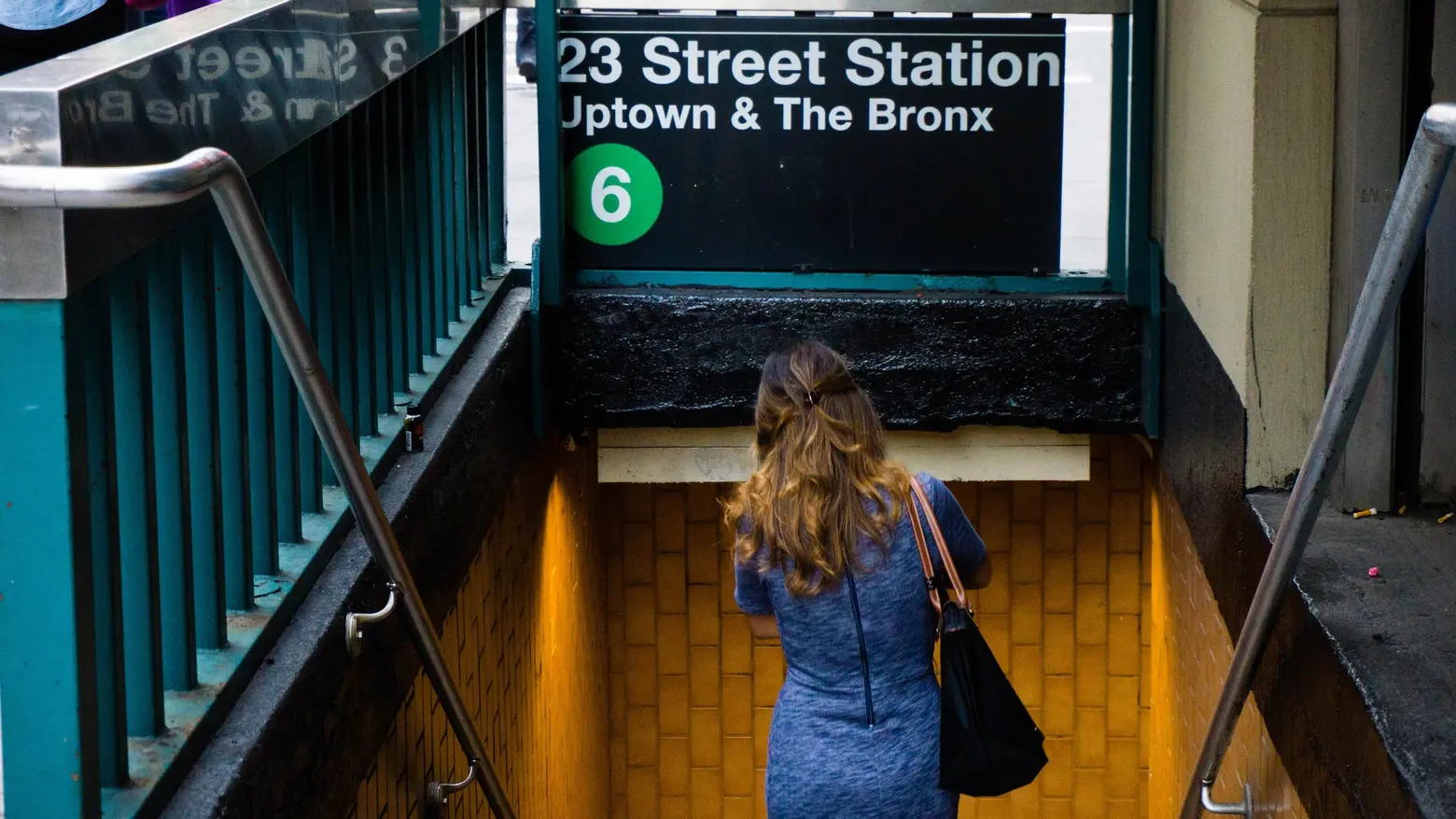
Photo via Flickr
On Wednesday U.S. District Court Judge Edgardo Ramos ruled that the MTA was in violation of the Americans with Disabilities Act for failing to install elevators when it renovated a Bronx subway station. The ruling is the result of a 2016 lawsuit initiated by Bronx Independent Living Services after the MTA refused to make a the Middletown Road elevated subway station in the Bronx wheelchair accessible, though the $27 million renovation included new floors, walls, ceilings and stairs to the street and the train platform, Gothamist reports. Ramos’ ruling stated that the MTA is obligated to install an elevator, regardless of cost, unless it is technically infeasible.
The MTA’s defense was based on the argument that that the scope of renovation work didn’t justify undertaking work that would have disproportionately added to the cost of the renovation project. The agency also claims that installing elevators would, in fact, be technically infeasible, though the court has yet to weigh in on that claim.
6sqft recently reported that though the MTA currently claims that 24 percent of its stations—are accessible, a new study led by Manhattan Borough President Gale Brewer’s office shows otherwise, among other disheartening accessibility statistics. New York City is currently ranked the least accessible of the country’s 10 largest metro systems, falling far behind Los Angeles and Washington D.C. which are fully accessible, and Boston and Chicago which are more than 67 percent accessible with concrete plans in place to reach 100 percent.
The United States Attorney for the Southern District of New York, Geoffrey Berman, whose office intervened in the case last March, said in a press release, “The MTA is now on notice that whenever it renovates a subway station throughout its system so as to affect the station’s usability, the MTA is obligated to install an elevator, regardless of the cost, unless it is technically infeasible.”
MTA Chief External Affairs Officer Max Young said in response to the ruling, “The MTA is steadfastly committed to improving access throughout the subway, with a hard and fast goal of making 50 additional stations accessible over five years. We’re not wavering from that commitment.”
TransitCenter put together a map to propose the next 50 subway stations that should be made accessible under MTA President Andy Byford’s Fast Forward plan, the 10-year plan laid out last May to modernize the subway system through a state-of-the-art signal system, a new fare payment system, thousands of new subway cars and buses, and better accessibility. The plan is expected to cost between $40 and $60 million but there is currently no funding in place.
Colin Wright, a senior advocacy associate at Transit Center, said, “Ultimately, it’s going to take resources, It’s up to Governor Cuomo and the state legislature to comply with this court ruling.”
RELATED:




